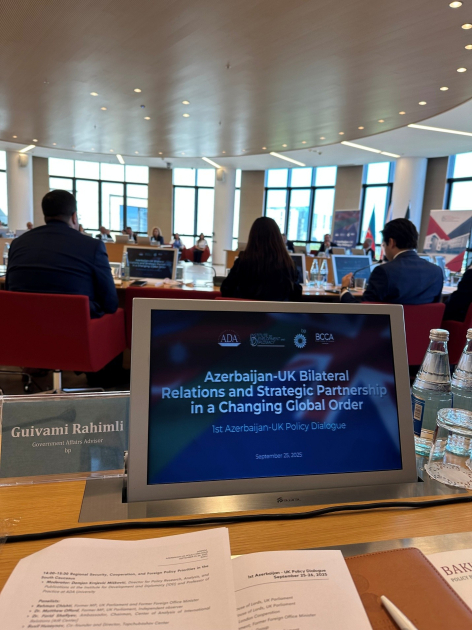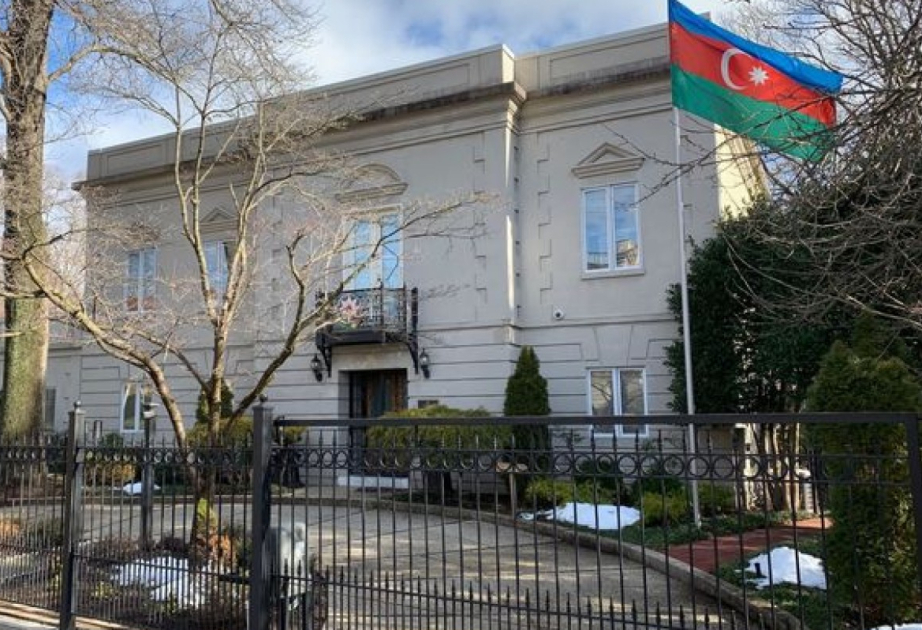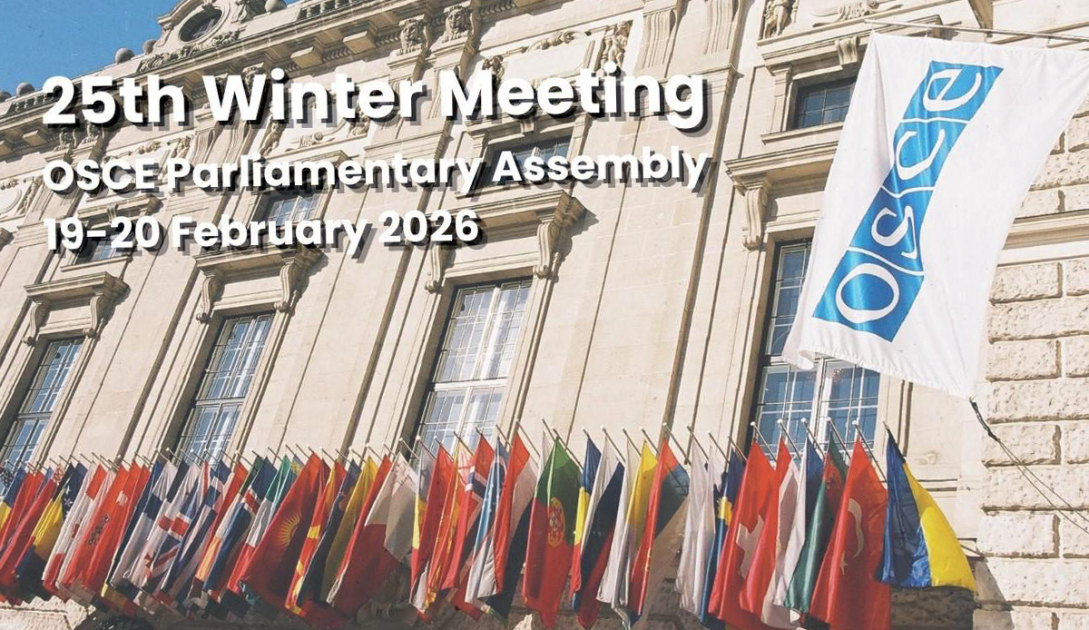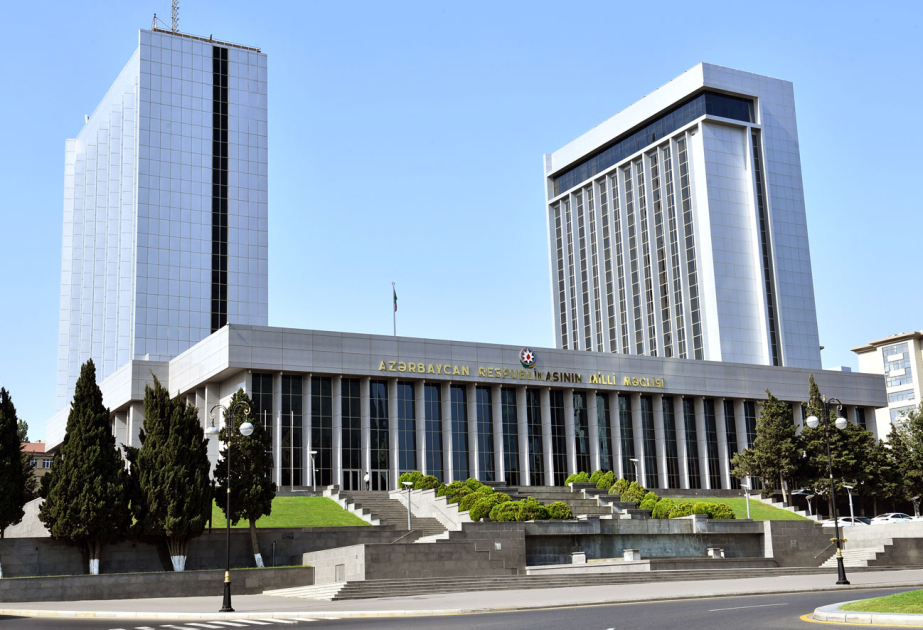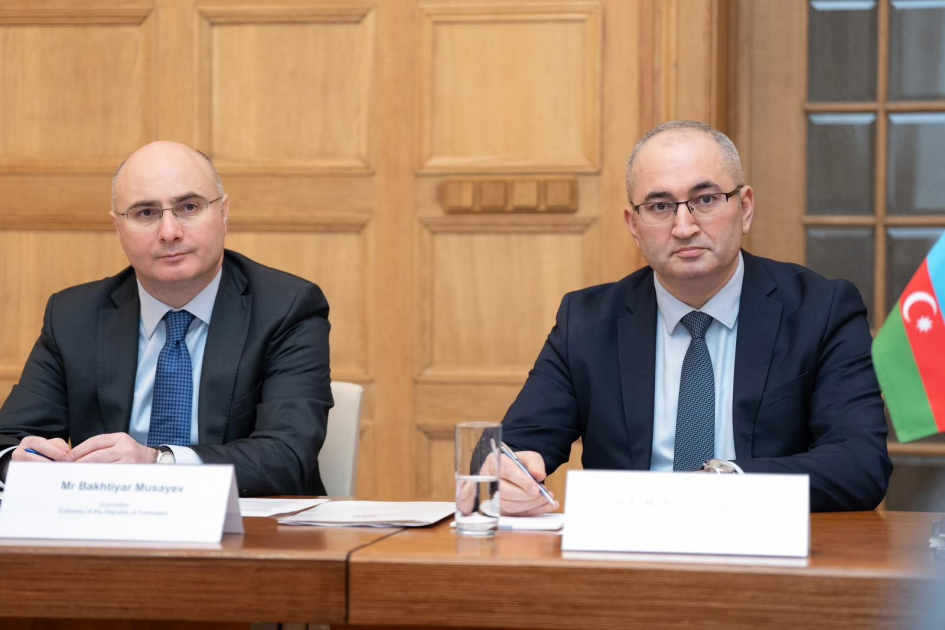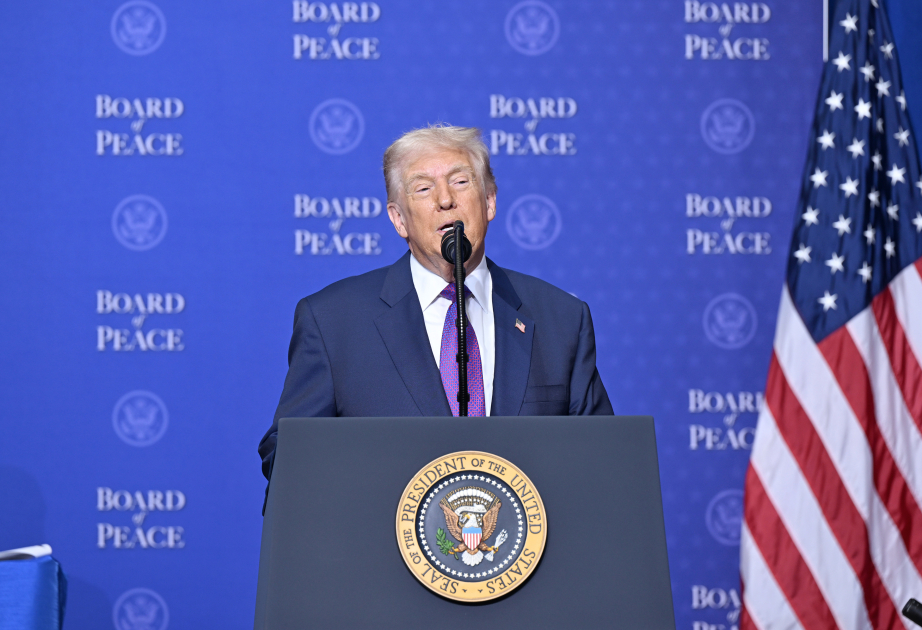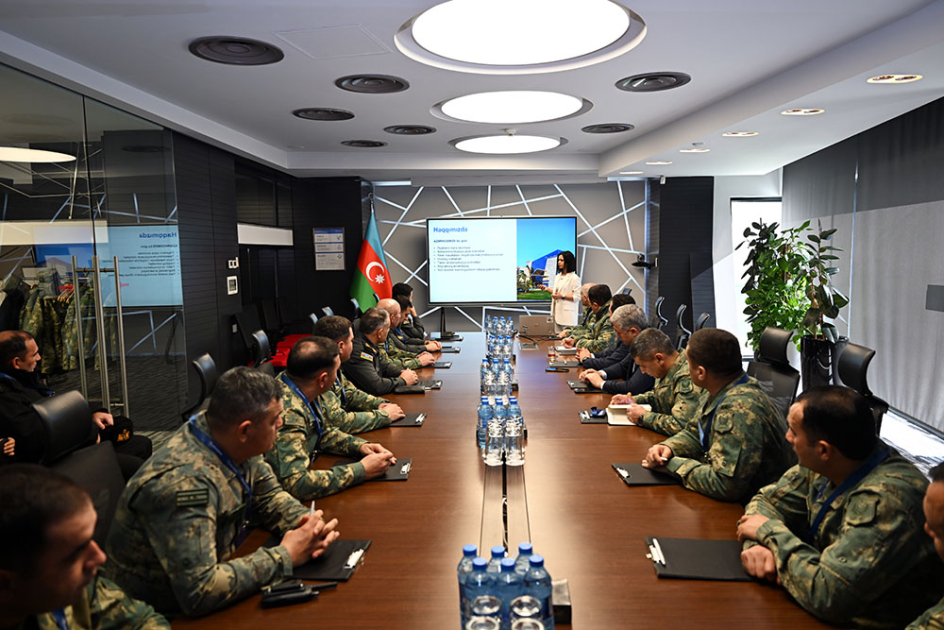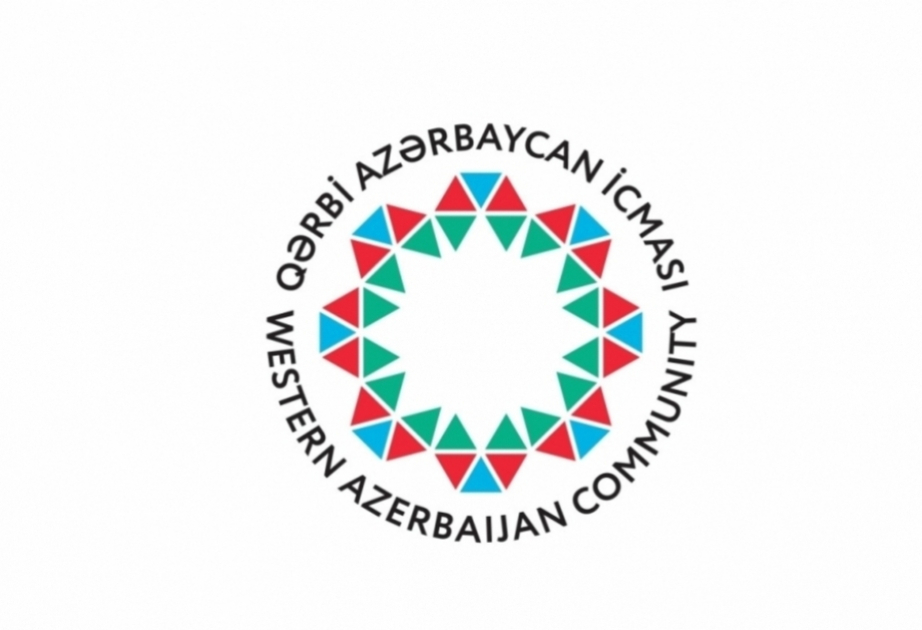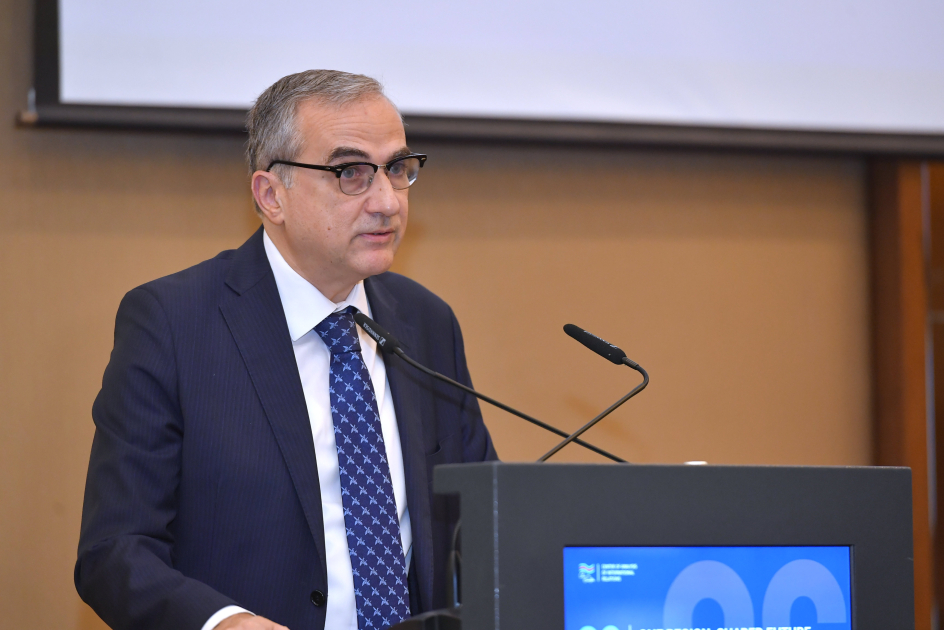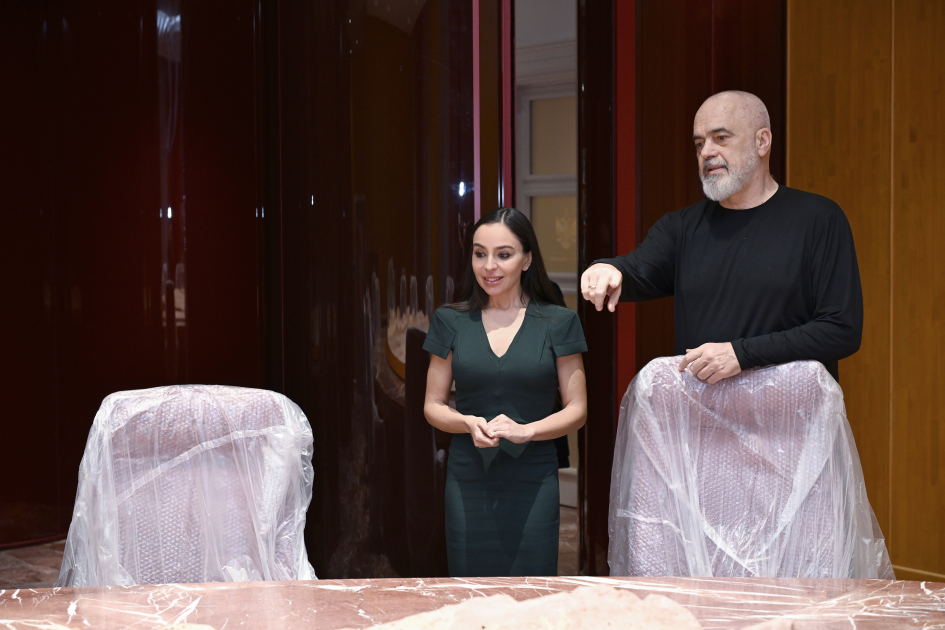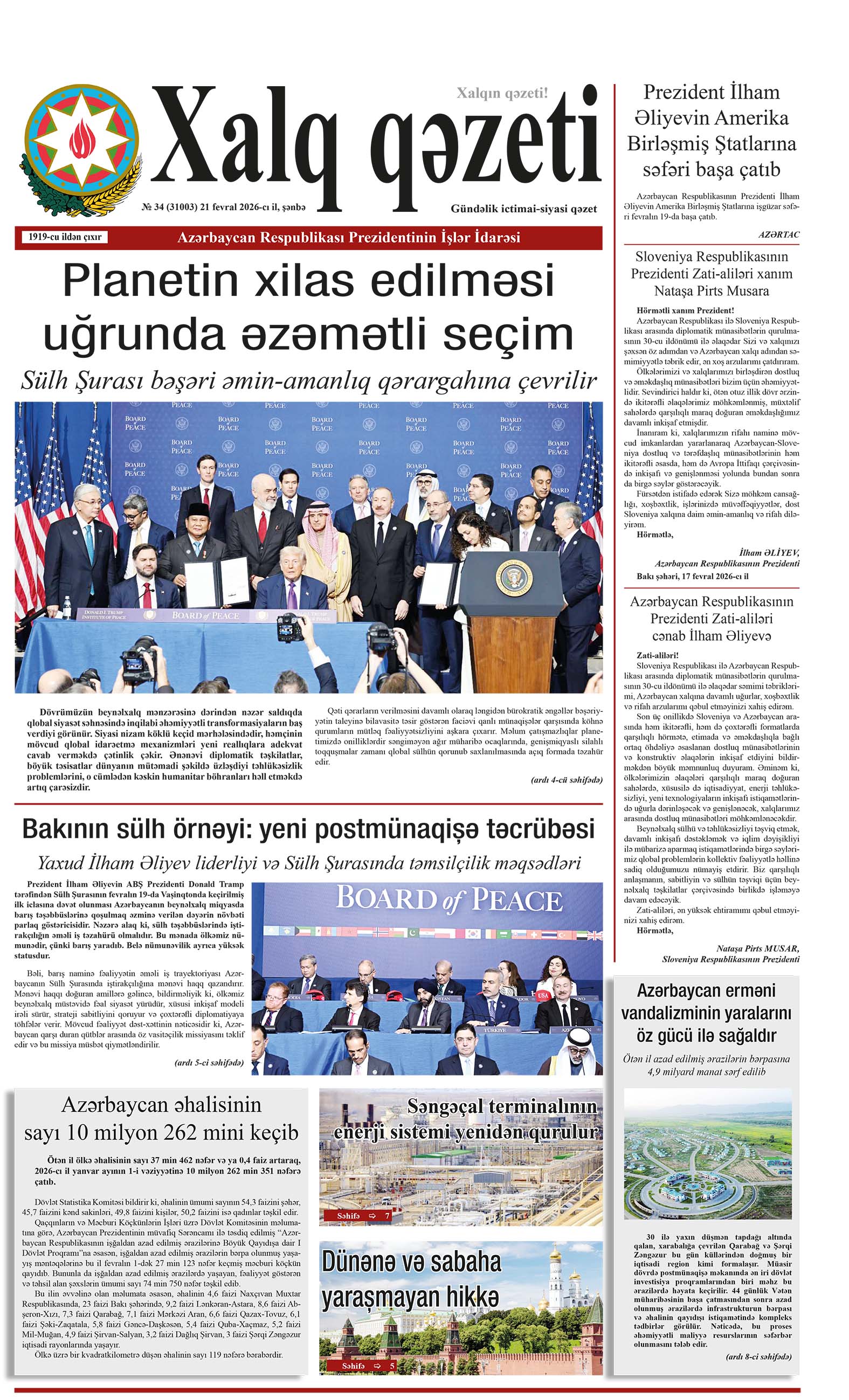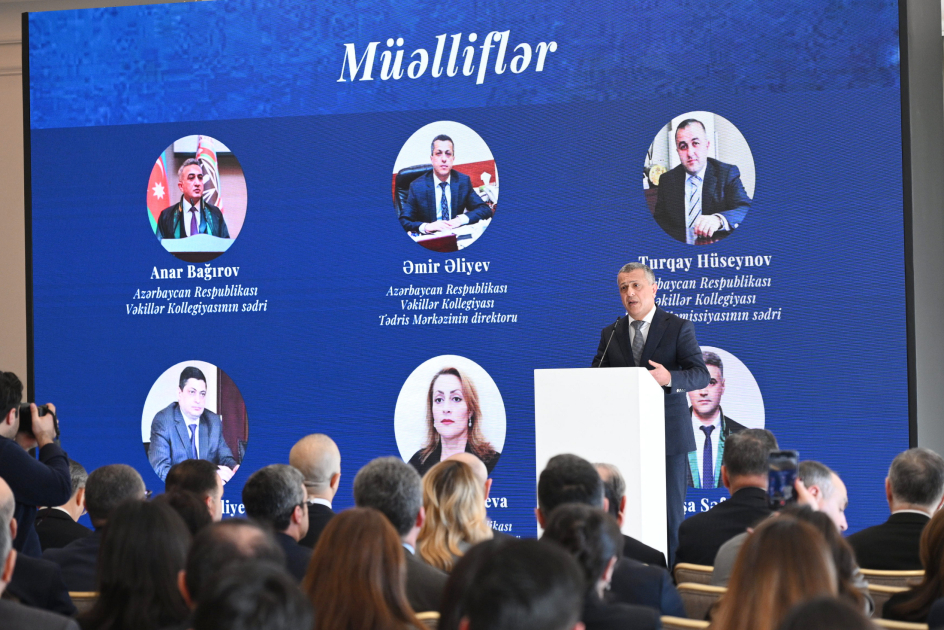Guivami Rahimli, PhD, bp's Government Affairs Adviser and professor at Baku State University, lecturing energy security, multilateral and regional diplomacy at the faculty of international relations and economics, shared with AZERTAC his reflections on the 1st Azerbaijan–UK Policy Dialogue.
On September 25–26, 2025, I had the privilege of participating in the 1st Azerbaijan–UK Policy Dialogue, held in Baku. It brought together policymakers, parliamentarians, academics, and business leaders from both countries to exchange perspectives on shared challenges and opportunities. As a participant in this landmark event, I witnessed first-hand how the dialogue served as a platform for building new bridges in diplomacy, trade, and cultural cooperation.
The opening session, led by Dr. Fariz Ismailzade, Vice-Rector of ADA University and Member of the Parliament of the Republic of Azerbaijan, set a tone of warmth and mutual respect. He underlined the significance of the existing political and interparliamentary ties between two countries and expressed confidence that these relations will continue to grow stronger. Ambassador Fergus Auld’s remarks highlighted the enduring partnership between Azerbaijan and the United Kingdom, and his words reminded me how vital it is to invest not only in political dialogue but also in human connections.
Equally notable were the remarks of Bakhtiyar Aslanbayli, bp’s Vice President for the Caspian Region. He spoke with conviction about bp’s unique role as both a business partner and a bridge-builder in Azerbaijan–UK relations. Referring to bp’s more than three-decade presence in Azerbaijan, he underlined how energy cooperation has consistently gone hand in hand with investments in education, innovation, and community development. His message was clear: the partnership between Azerbaijan and the UK is not confined to oil and gas - it is about shared values of trust, innovation, and long-term vision. For me, his words captured how the business dimension has been essential in transforming bilateral ties into a truly strategic partnership.
The first panel on bilateral relations and strategic partnership, was particularly engaging. Hearing British peers such as Lord Aamer Sarfraz and Lord Ross Kempsell exchange perspectives with Azerbaijani MPs reaffirmed how both nations, despite geographical distance, are navigating similar challenges in an unpredictable world. For me, the session underscored how parliamentary diplomacy can complement formal state-to-state relations.
Samad Seyidov, Chairman of the International and Inter-Parliamentary Relations Committee of the Parliament of the Azerbaijan Republic, played a central role in this discussion. His interventions reminded the participants that Azerbaijan - UK cooperation is anchored not only in diplomacy at the executive level, but also in the institutional strength of parliamentary dialogue. His emphasis on long-term stability, sovereignty, and mutual respect gave the session a sense of both historical depth and future-oriented vision.
It also reminded me of the deep roots of this partnership. A defining moment came in 1992 with the visit of Baroness Margaret Thatcher, “The Iron Lady,” Europe’s first female prime minister and the longest-serving British leader of the 20th century. Her trip to Baku was the first by such a senior Western politician to newly independent Azerbaijan. During that visit, she attended the signing of a preliminary agreement between the Government of Azerbaijan and bp on exploration at the Chiraq oil and Shah Deniz gas fields. Baroness Thatcher expressed her hope for comprehensive relations between the two nations - words that proved both visionary and enduring. For a young Azerbaijan, her presence was immensely significant, raising international awareness and encouraging global companies to invest in its future. Looking back, this visit symbolized the beginning of a relationship that has since matured into today’s robust strategic partnership, spanning energy, security, economics, and education.
During the session, one of the UK participants also raised a thoughtful question: how might changes of government in the United Kingdom, with their different political strategies, influence the relationship between Azerbaijan and the UK? It was a timely reminder that strategies often shift with new leadership. Yet what emerged from the discussion was reassuring: while governments may change, the core of Azerbaijan-UK relations is built on strategic, long-term interests - from energy cooperation and investment to regional security and education. These foundations ensure that the partnership endures regardless of electoral cycles.
As expected, energy cooperation featured prominently. The discussions went beyond hydrocarbons, focusing on investment diversification and the growing role of renewables. I found it particularly striking that the themes raised earlier by bp’s Bakhtiyar Aslanbayli - trust, innovation, and sustainability - resonated strongly in this session. The partnership that once began with oil and gas exploration has now evolved into a broader agenda: strengthening energy security while supporting economic modernization and diversification.
Another thought-provoking session was on regional security and foreign policy priorities in the South Caucasus. Experts from both sides offered candid assessments of challenges and opportunities. For me, it was a reminder that lasting peace and stability require persistent dialogue - not only among governments, but also among think-tanks, academic institutions, and civil society.
Perhaps the most inspiring panel for me was on public diplomacy through education, science, and innovation. Listening to contributions from the British Council, ADA University, and UK academic leaders, I felt encouraged by the possibilities of joint research, student exchanges, and people-to-people diplomacy. These initiatives, I believe, are where we can build the most sustainable bridges.
Equally important were the moments outside the formal sessions: the networking breaks, and even the informal conversations with fellow participants. These encounters added a human dimension to the dialogue and reminded me that trust is often built in personal interactions.
As I reflect on the event, I see the 1st Azerbaijan-UK Policy Dialogue as more than a conference. It was a starting point - a platform to exchange ideas honestly, strengthen partnerships, and identify areas where our nations can work together more closely.
I left the dialogue not only better informed but also more hopeful. The diversity of voices, the quality of debates, and the spirit of cooperation convinced me that this new platform has the potential to grow into a tradition that shapes the future of Azerbaijan-UK relations.


